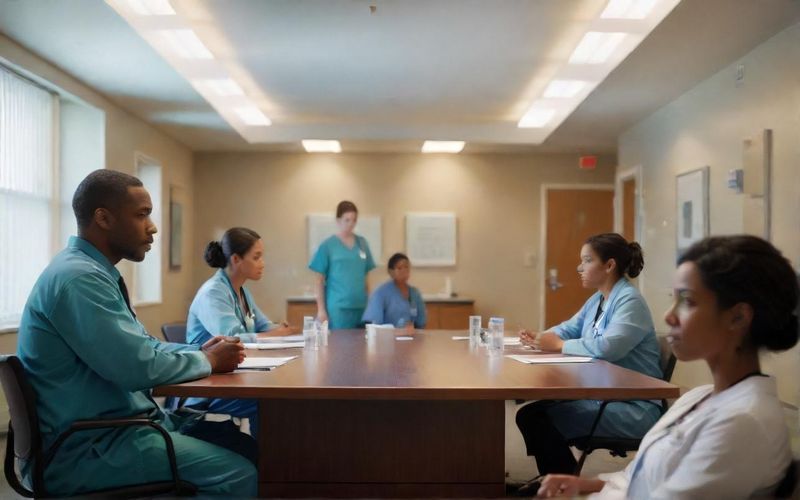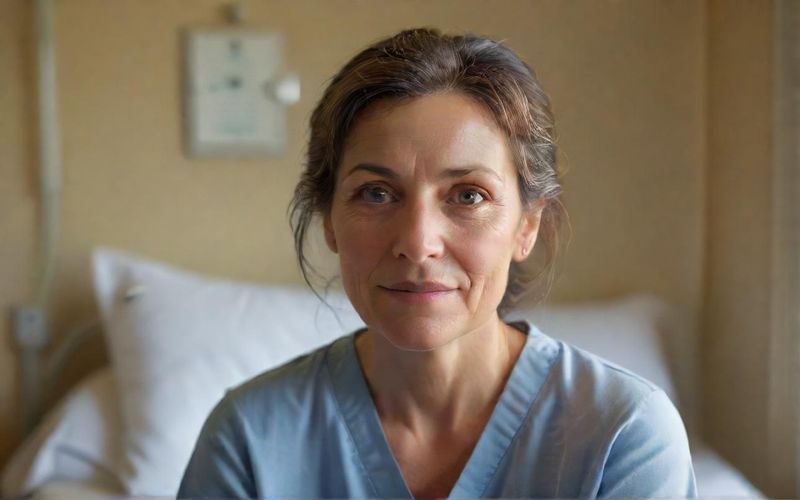NHS Maternity Crisis: Review Uncovers Major Concerns

The government has announced a rapid review into maternity services, examining 14 NHS trusts. This isn't just a bureaucratic process; it's a response to the "extraordinary courage" of bereaved families, as Health Secretary Wes Streeting put it, who have come forward with heart-wrenching stories, some stretching back over 15 years. These families have spoken of issues that, frankly, no one should have to endure. It’s deeply concerning that recommendations from past inquiries, like those in Morecambe Bay and East Kent, haven't always led to the lasting improvements needed. As Baroness Amos, who is chairing the review, highlighted, the current situation where fresh reviews are constantly required is "completely unacceptable."
What’s particularly troubling is the finding from research by baby loss charities Sands and Tommy's, suggesting that improved maternity care could have potentially saved over 800 babies' lives in 2022-23. That’s 800 precious lives, 800 families spared unimaginable grief. And it's not just about numbers; the review is also paying "particular attention" to why Black and Asian families experience noticeably poorer outcomes. This systemic disparity demands our attention and action.
The chief executive of the General Medical Council, Charles Massey, has issued a stark warning about a "toxic" culture within the NHS, where trainee doctors feel fearful of speaking up. He believes this "cover-up over candour" is directly contributing to patient harm, and that the unthinkable – harm to mothers and babies – is at risk of being normalized. This isn't just about isolated incidents; it points to a deeper systemic issue within nhs maternity hospitals that needs to be addressed at its root.
While the review is seen by some as a "brave first step," others, like the Maternity Safety Alliance, a group of families affected by poor care, feel the investigation isn't "fit for purpose" and argue for a statutory public inquiry. They're concerned that the focus might be too narrowly placed on trusts and clinicians, without examining the role of regulators. It’s a complex web, and finding the right path forward is crucial. As we grapple with these challenges, what does it take for us to truly rebuild trust in our maternity services, ensuring every family feels safe, heard, and receives the care they deserve?









